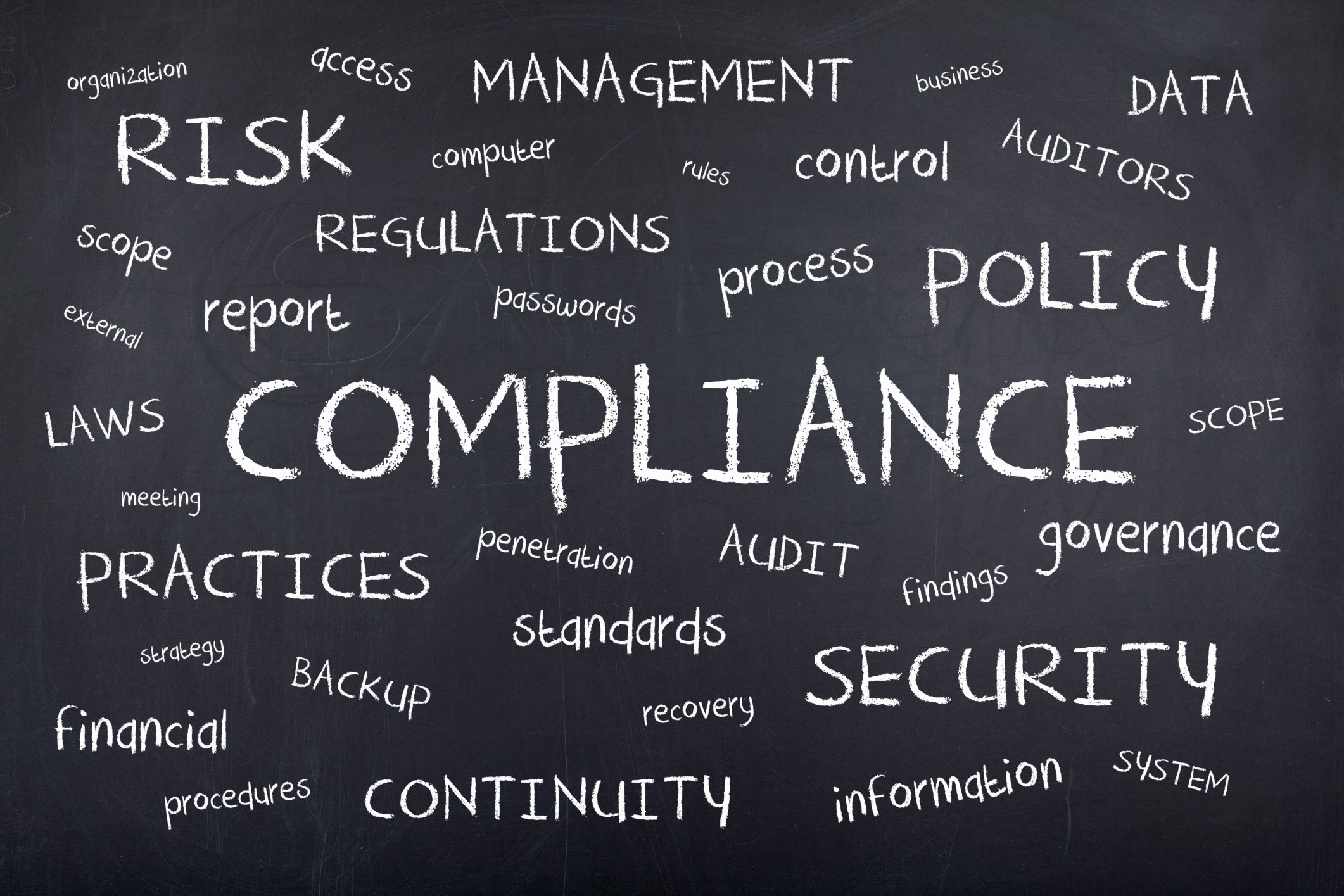“If we’re going to be connected, then we need to be protected,” President Obama proclaimed at the Federal Trade Commission on Monday. In wide-ranging remarks, the president expressed what should be a self-evident truth, but is not yet a reality in the new digital age: “As Americans, we shouldn’t have to forfeit our basic privacy when we go online to do our business.”
He is dead right. But having spent the past decade focusing on these issues, I’m not ready to take a “Birdman” victory lap through the canyons of midtown Manhattan just yet. In fact, I find myself thinking about the parallels that exist between the president’s remarks on privacy and cybersecurity and those scenes in the Academy Award-nominated film, the ones between Michael Keaton’s character Riggan Thomson and Birdman, the alter-ego only he can see and hear. There was a lot of talk about policy, but very little in the way of a road map.
A recent report on data security practices, programs and defenses at the Department of Homeland Security points toward what may well be a horrible train wreck to come. According to the report, “Widespread weaknesses in the federal government’s information security practices represent a significant vulnerability that could be exploited by adversaries, creating a potential threat to national security and American citizens.”
Listed among the DHS fails are many incidents, including one from 2013, when hackers got into the U.S. Army Corps of Engineers network and downloaded “information about 85,000 dams…and the potential fatalities that could be caused by a breach.” Another example, “The Nuclear Regulatory Commission (NRC) stored sensitive cybersecurity details for nuclear plants on an unprotected shared drive, making them more vulnerable to theft.” And perhaps even more alarming, “In February 2013, hackers…breached the Federal Communications Commission’s Emergency Broadcast System to broadcast warnings in Michigan, Montana, and North Dakota about a zombie attack.” Successful attacks on Centcom’s Twitter account and the breach at the White House further make the point that the government is not crushing it when it comes to cybersecurity.
What About Those Weak Links?
One of the key initiatives being proposed in next week’s State of the Union address is a Consumer Privacy Bill of Rights. This will be the second one, the first having been originally unveiled at a White House ceremony that I attended in 2012. I had liked the song the president was singing then, and this time around the second verse is pretty much same as the first. Obama will now ask Congress to codify privacy protections in a law that features seven guiding principles designed to empower consumers by giving them some agency regarding the way companies collect, confirm, protect and disseminate their personal data.
While the president is to be commended for finally moving the issues of identity theft protection, consumer privacy and cyber-security to the front burner, I can’t help noticing a crucial issue omitted in Obama’s remarks. Most agencies of the federal government don’t currently meet the guidelines that Obama will discuss on Jan. 20, and there doesn’t seem to be a plan of action to make the change we need, the change we want to see or even a change for the better.
Given the political make-up of the “new” Congress, is there any chance meaningful laws will follow on the heels of President Obama’s lead in these areas?
With the exception of putting the spotlight on America’s cybersecurity issues, one of the most crucial proposals made by Obama this week is the call for the passage of a federal breach notification law. State legislatures have filled the void by enacting an inconsistent patchwork of both strong and weak breach notification laws that have different requirements and create uncertainty and confusion in the business and nonprofit communities. If Obama’s plan becomes the law of the land, consumers would be guaranteed notification that their personally identifiable information was involved in a breach within 30 days of it happening, although exceptions can be made. While it would appear to pre-empt tougher state notification laws, the proposed legislation does permit state authorities to enforce consumer protection laws that the federal bill does not cover.
“Each of us as individuals have a sphere of privacy around us that should not be breached,” the President said, “whether by our government, but also by commercial interests.”
Having proposed a few breach notification ideas over the past few years, including a federally-mandated Breach Notification Box that would let consumers know an organization’s data safety record at a glance, I couldn’t help but notice that there was no “there” there in this sketch of our nation’s new plan for a safer and more secure future. Indeed, the federal government doesn’t even meet the requirements outlined in his proposal.
And there’s the rub. Obama is calling for, “a single, strong national standard so Americans know when their information has been stolen or misused,” but federal agencies were not specifically mentioned and, in my opinion, one has to at least wonder if the federal government will try to take a pass.
Meeting Tougher Standards
According to a Government Accountability Office report last year, fewer than 30% of federal agencies comply with the proposed Personal Data Notification and Protection Act. The United States Postal Service, the Energy Department, the State Department and a few other agencies of note have suffered significant breaches of highly sensitive personal information over the past few years, and not one of them informed the individuals affected within the stipulated one-month period now advocated by the White House.
There are rules in place that make it necessary to inform Homeland Security of a breach, but no national law in the wider world of American consumers and employees. Legislation exists that would deal with this issue, requiring government agencies to inform breach victims within 72 hours In fact, it was passed in the House last year, but the Senate never voted on it. One wonders if the administration will use this opportunity to push the envelope regarding federal agencies and breach notification when he outlines America’s plan to provide better data security for its citizens next week.
It’s a new thing for a president to telegraph in such a granular way what he’s going to say in the State of the Union Address. Let’s hope the president was doing it by way of a market test, and that early reactions—including this one—to the remarks he made this week at the FTC and Department of Homeland Security will help him make a good idea into a real plan, and get Congress to pass the necessary laws to put it into effect.











